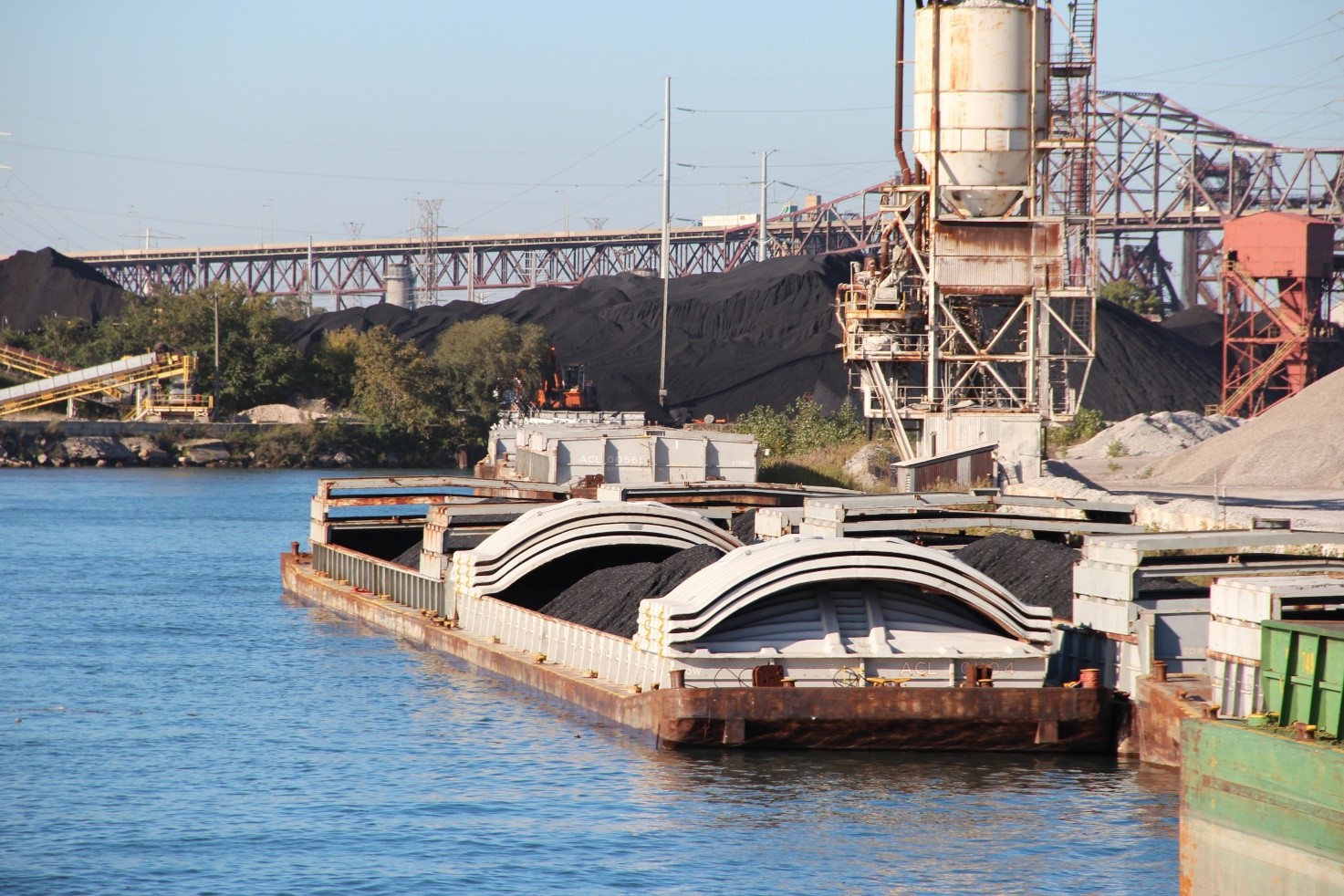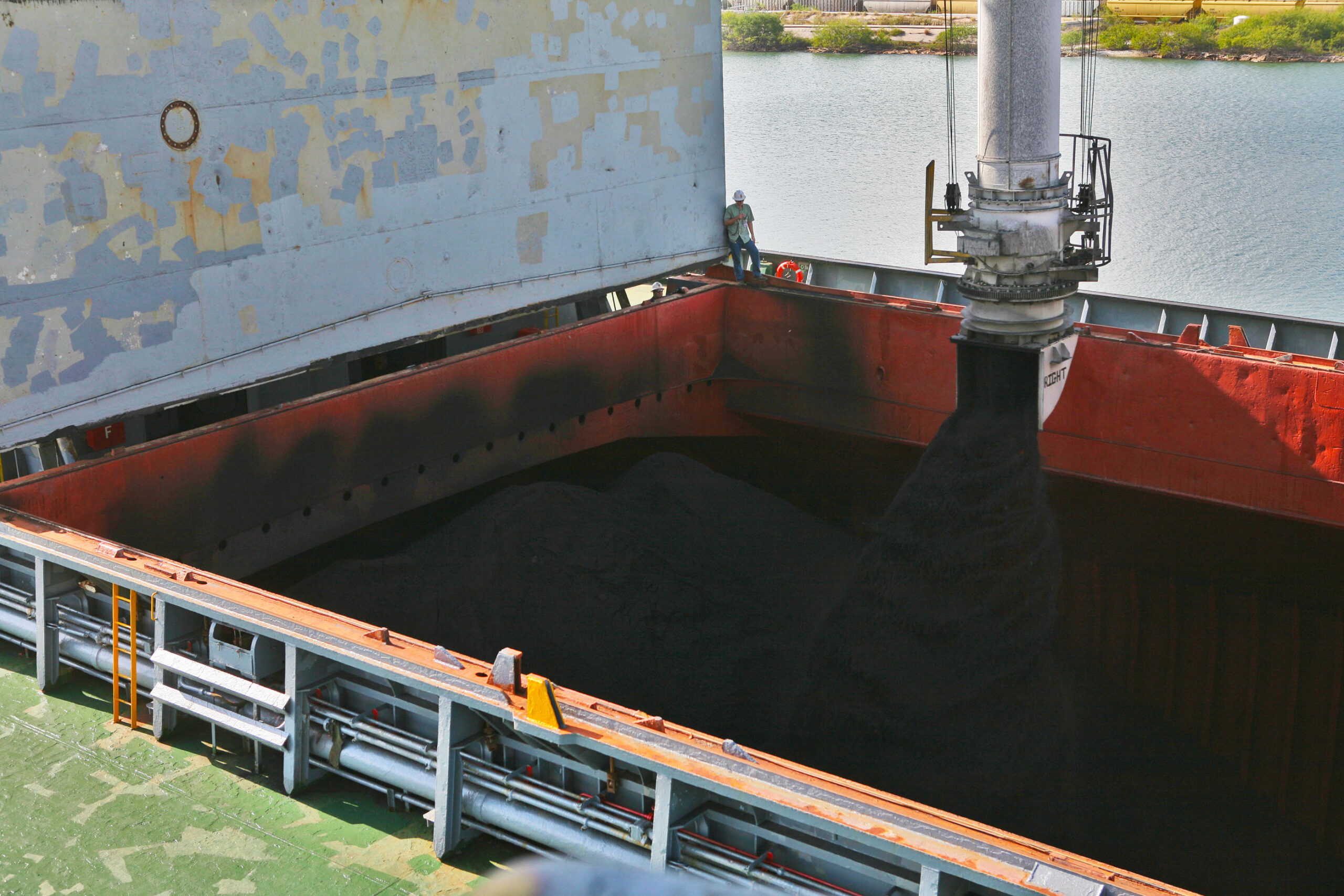Petroleum coke
Petroleum coke is a solid carbon substance that is a by-product of oil refining. It is formed by coking heavy oil residues and is characterized by a high carbon content. Here are the main characteristics of petroleum coke

Production
It is produced during the oil refining process in refineries during coking of heavy oil residues. The process involves thermal decomposition of heavy hydrocarbons at high temperatures.
Composition
It contains up to 90% carbon, as well as impurities of sulphur, nitrogen and heavy metals. Its structure resembles graphite.
Application
- Metallurgy: Used in the manufacture of iron and steel as fuel and reducing agent.
- Electrode industry: Serves as a raw material for the production of anodes used in aluminum industry.
- Energy: Used as fuel for electricity and heat generation.
- Chemical industry: Used to manufacture some chemicals and carbon materials.

Kinds
Depending on the content of impurities and structure, several types of petroleum coke are distinguished, including calcified petroleum coke (used in electrode production) and fuel coke (used in energy production).
Environmental aspects
The burning of petroleum coke is accompanied by emissions of carbon dioxide, sulphur oxides and other pollutants. Its use therefore requires compliance with environmental regulations and the application of clean-up technologies.
Petroleum coke is an important raw material that is widely used in various industries due to its physico-chemical properties and relative cheapness.